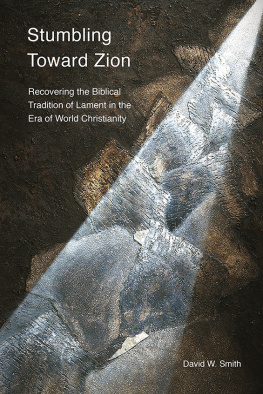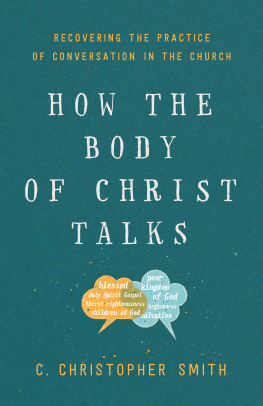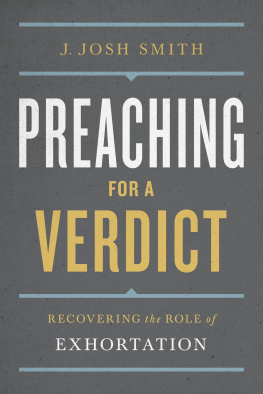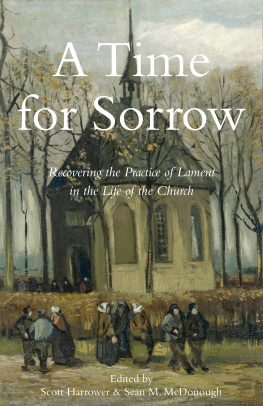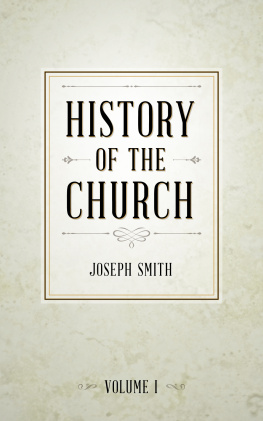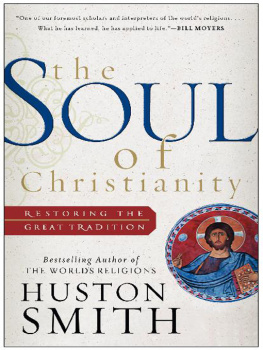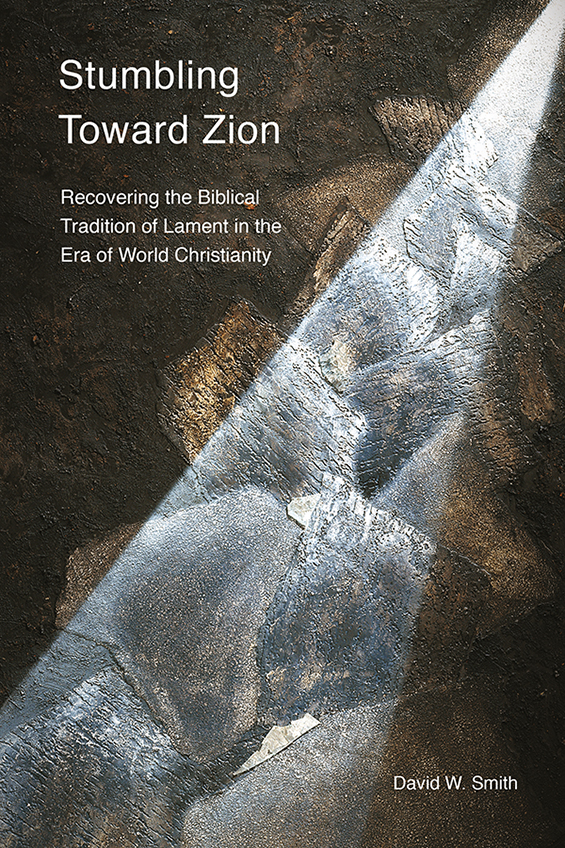As we celebrate the start of the year 2020, the world is already troubled with environmental hazards and strain in international relations. At a personal level lurks the sad news of the loss of a loved one and the abducting of a 20-year-old daughter of a close family friend by Boko Haram in Maiduguri, Nigeria. The harsh realities of a broken world can either drive us to despair or pretence. In despairing we seem hopeless; in pretending we lie. Even the neatest of theological paradigms can let us down with regard to answers in the face of real suffering.
In Stumbling Toward Zion: Recovering the Biblical Tradition of Lament in the Era of World Christianity, Dr David Smith brings an age-old biblical tradition back on the table. He points out biblical examples of what was sometimes a long and hard struggle between things promised or hoped for and fears arising from a contradicting reality. Such tension between promise and brokenness is still with us to this day.
In affirming the spirituality of lament, Dr Smith helps us to see how the troubles of a broken world can interact with the reliable promises of a faithful God. He bravely ventures into thoughtful expressions on how the understanding of biblical modes of lament can be insightful basis for real hope and change. The book rightfully reckons with Christianity today as being increasingly shaped by the experiences of non-Western communities. While acknowledging that human suffering is universal, this book brims with examples of adversity from non-Western contexts, underscoring how such hardship can breed unique perspectives on the spirituality of lament, thereby leading to hopes of social transformation and healing.
For all who yearn to see a bridge in the gap between faith and suffering, promise and reality, vision and limitation, divinity and humanity, through deep reflections on prayerful lament, this book is a very promising read. Dr Smiths reflection is also a brotherly solidarity with many around the world who find it hard to sing the Lords song in a strange land.
Samuel O. N. G. Nwokoro
Lecturer in Early Christian-Muslim Relations and Church History,
Department of Public Theology,
Theological College of Northern Nigeria, Jos, Nigeria
Stumbling toward Zion is an outstanding book that makes a unique contribution to Recovering theBiblical Tradition of Lament in the Era of World Christianity. There is a deep authenticity about David Smiths approach. He listens carefully to the biblical text, is attentive to a rich diversity of voices from the Majority World church and crucially, demonstrates an honest and vulnerable spirituality in his own writing. After reading this stunning work, the reader is left in no doubt that the church in the West must recover the biblical tradition of praise and lament if its witness is to be in any way authentic for our twenty-first-century contexts. A critical factor in that recovery, as Smith points out, is the Western churchs willingness to listen to the global chorus singing new songs from the world Christian movement across the southern hemisphere. It is in those contexts that we see a spirituality of lament connecting with a broken world in such ways that the church in its worship and witness embodies the good news of Christ crucified, buried and raised. I warmly commend this book and its author.
Peter Rowan, PhD
Co-National Director, OMF (UK)
Stumbling toward Zion offers a penetrating analysis regarding the loss of lament amidst global and cultural changes that are overtaking Christian faith and witness. The book is pregnant with biblical scholarship and insights from the world church; David Smith weaves personal stories of loss and hope and includes thoughts for reflection at the end of each chapter. I recommend this treasured gift warmly to mission workers and church leaders for careful study and application.
Kang-San Tan, PhD
General Director, BMS World Mission
Stumbling toward Zion
Recovering the Biblical Tradition of Lament in the Era of World Christianity
David W. Smith
2020 David W. Smith
Published 2020 by Langham Global Library
An imprint of Langham Publishing
www.langhampublishing.org
Langham Publishing and its imprints are a ministry of Langham Partnership
Langham Partnership
PO Box 296, Carlisle, Cumbria, CA3 9WZ, UK
www.langham.org
ISBNs:
978-1-78368-777-0 Print
978-1-78368-819-7 ePub
978-1-78368-820-3 Mobi
978-1-78368-821-0 PDF
David W. Smith has asserted his right under the Copyright, Designs and Patents Act, 1988 to be identified as the Author of this work.
All rights reserved. No part of this publication may be reproduced, stored in a retrieval system or transmitted, in any form or by any means, electronic, mechanical, photocopying, recording or otherwise, without the prior written permission of the publisher or the Copyright Licensing Agency.
Requests to reuse content from Langham Publishing are processed through PLSclear. Please visit www.plsclear.com to complete your request.
Scripture quotations are taken from the Holy Bible, New International Version, Anglicised, NIV. Copyright 1979, 1984, 2011 by Biblica, Inc. Used by permission. All rights reserved worldwide.
British Library Cataloguing-in-Publication Data
A catalogue record for this book is available from the British Library
ISBN: 978-1-78368-777-0
Cover & Book Design: projectluz.com
Cover Image: Painting by Anneke Kaai Psalm 119 : 105 from series In a Word. www.annekekaai.nl
Langham Partnership actively supports theological dialogue and an authors right to publish but does not necessarily endorse the views and opinions set forth here or in works referenced within this publication, nor can we guarantee technical and grammatical correctness. Langham Partnership does not accept any responsibility or liability to persons or property as a consequence of the reading, use or interpretation of its published content.
Converted to eBook by EasyEPUB
For all who suffer the absence of God and experience the pain of his silence, longing for the renewed presence of the Father who comforts those who mourn and runs to embrace his returning children.
Foreword
I have long been an admirer of David Smiths writings, since he brings together wide literary and theological reading with deep reflections drawn from his long cross-cultural missionary experience. Moreover, since my wife died in May 2018, David and I have been in regular email correspondence and on Skype, sharing our experiences of bereavement and the deep dismay we have both felt over the superficiality of much evangelical worship and preaching, particularly in churches removed from the daily agony of peoples ravaged by chronic illness, poverty, unemployment, violence and war.
Davids present book addresses head-on that superficiality, indeed, evasion of the pain, anger and doubt that we find running through the biblical writings and, if we are honest, central to every Christians experience. David takes us on a survey of relevant Old and New Testament material, and constantly relates his exposition to the global political and economic powers against which we struggle today. To illustrate his themes he not only marshals biblical and theological arguments but draws on his musical and artistic knowledge. I was so moved by his description of the sixteenth-century Isenheim altarpiece by Mathis Grunewald that, on a trip to France, I made a special detour to the French-German border town of Colmar to see it for myself. Davids commentary enriched the sense of awe I felt gazing at the crucified figure.

